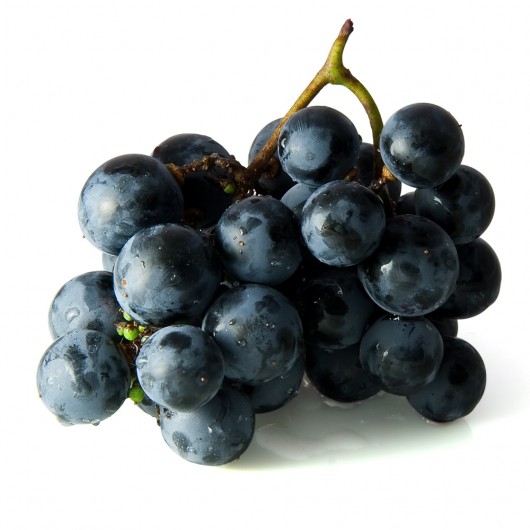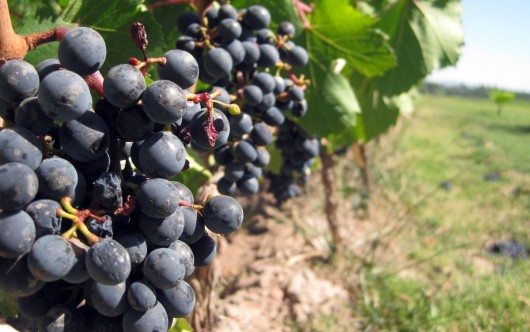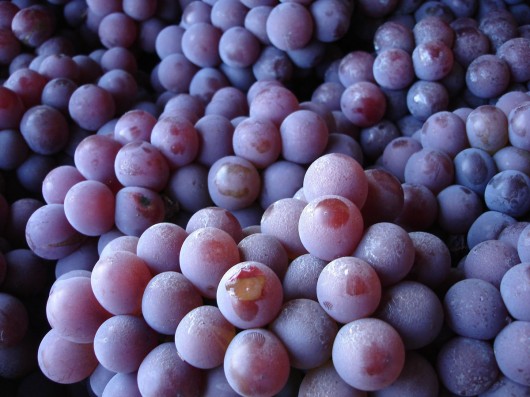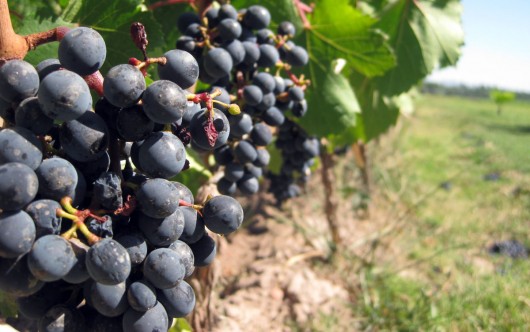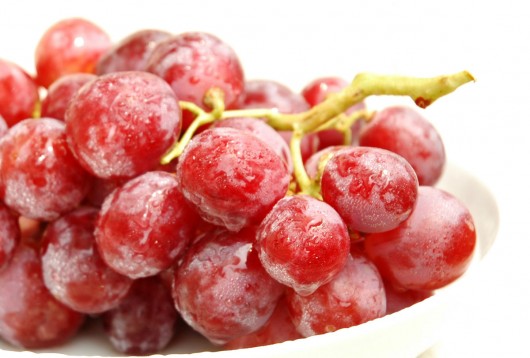Best Grapes For Grape Juice And How To Choose Them
Grape varieties may be more commonly associated with wine than juice, but grape juice is refreshing treat that can easily be made at home. While the most common red and green grape varieties make delicious snacks, they are unsuitable for juicing. The following guide can help you choose the best grapes for juicing so you can enjoy a tall glass of sweet and tangy grape juice at home.
Concord Grapes
These small dark grapes are the most popular American variety and are much hardier than European varieties. Widely regarded as the best grapes for juicing, Concord grapes have a sweet and slightly tart flavor that also makes delicious jellies and jams. The grapes create the quintessential taste and color that most people associate with grape juice. Grown in the northern and midwestern regions of the United States, these grapes are readily available throughout the year but are best from late summer to mid-fall.
Niagara Grapes
Stemming from New York, these white grapes are one of the best grapes for juicing because of their light and sweet flavor that is more mild than other varieties. The white fruit also yields a lighter-colored juice that is less likely to cause stains than purple varieties like the Concord.
Delaware Grapes
Grown throughout the northeast region of the United States, Delaware grapes are great for juicing because of their juicy flesh and sweet taste. These lovely grapes are smaller than the aforementioned varieties and are pinkish in color. Delaware grapes ripen quickly in late summer and early fall and yield a light-colored juice that will not stain the hands that made it.
Choosing Grapes for Juicing
Concord, Niagara and Delaware grapes reach their peak around late summer and last until mid-fall. Many people believe that grapes can be immediately placed in the juicer as soon as they turn color, but even darkened grapes can yield a bitter and sour juice.
For best results, choose grapes mid-season that feel firm. Sample a few grapes from each cluster, as not all of the grapes will ripen at the same time. Look for seeds that are brown and mature instead of light tan or green. The ease in which the grapes come off of the cluster is another indication of ripeness. Ripe grapes can be removed easily without much resistance.
Before putting your grapes in the juicer, wash them throughly and remove the stems. Concord, Delaware and Niagara grapes are easy to skin and only the flesh should be placed in the juicer.
